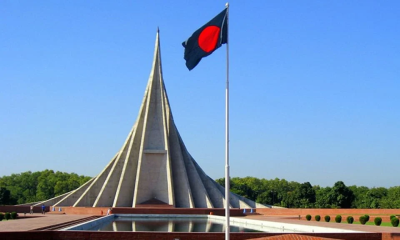Iran is potentially facing a return of all the UN sanctions that were lifted as part of its 2015 nuclear deal — the Joint Comprehensive Plan of Action (JCPOA) — with global powers, report Deutsche Welle.
As part of this agreement, a mechanism called "snapback" was introduced, which allows any signatory state to take action if they suspect that Iran is not complying with its commitments under the pact.
They could then initiate a process that automatically leads to the reimposition of all UN sanctions against Iran in a matter of weeks.
The nuclear deal also precludes any other participant nation from vetoing the activation of the snapback mechanism, which was designed to remain in effect for ten years.
A complete snapback of all international sanctions would deal a severe blow to Iran.
Threat to Iran`s troubled economy
Under international law, the UN sanctions would be binding for all UN member states.
The sanctions originally targeted not only Iran`s oil and energy sectors but also areas such as banking, insurance and transportation.
The Iranian economy would take a severe hit if all the sanctions measures were reimposed, particularly with regard to oil exports, international investment and access to the global financial system.
Tehran has already threatened to take decisive countermeasures should the snapback mechanism be activated.
One of Tehran`s retaliatory moves could be to withdraw from the Nuclear Non-Proliferation Treaty (NPT), said Iranian Deputy Foreign Minister Majid Takht-Ravanchi in December 2024.
Foreign Minister Seyed Abbas Araghchi also warned that Iran could fundamentally rethink its stance on the question of whether the country should acquire nuclear weapons.
Although the Islamic Republic possesses the necessary know-how to produce nuclear weapons, Araghchi said, it has so far refrained from developing them. Iran has repeatedly insisted that its nuclear industry is strictly for civilian use.
A failed agreement
Ten years ago, after lengthy and painstaking negotiations, Tehran agreed to a nuclear agreement with the five permanent members of the UN Security Council (China, France, Russia, the United Kingdom, and the United States), plus Germany, collectively known as the P5+1. The European Union (EU) also took part in the negotiations.
The deal aimed to curtail Tehran`s nuclear program and place it under the monitoring of the International Atomic Energy Agency (IAEA). In return, the UN sanctions were to be lifted and Iran was to be reintegrated, economically and politically.
But the plan failed.
In May 2018, during President Donald Trump`s first term, the US unilaterally withdrew from the agreement, saying it wanted a "better deal."
Trump then imposed a "maximum pressure" strategy on Iran, slapping unilateral sanctions and threatening foreign companies with penalties if they continued to do business with Tehran.
In response, Tehran began to gradually move away from its nuclear-related commitments and started exceeding the treaty limits in its processing of low-enriched uranium. The Iranian regime also began enriching uranium to higher concentrations.
The US wanted to snap back sanctions as early as in April 2020. But the other P5+1 members objected to the move, saying Washington could not unilaterally implement the mechanism because it had left the nuclear deal in 2018.
The US didn`t return to the JCPOA even under President Joe Biden, making the current situation even more complicated.
Has UN Resolution 2231 been violated?
The dispute over Iran`s nuclear program has continued to escalate, with Tehran investing in new centrifuges for uranium enrichment and, according to experts, moving ever closer to building a nuclear bomb.
Simultaneously, Tehran is pushing ahead with its missile program and has built up its rocket arsenal, apparently including long-range missiles.
Officially, Iran still insists that it is not trying to obtain nuclear weapons and describes its missile program as purely defensive. However, several nations claim Tehran has violated UN Resolution 2231 by developing ballistic missiles.
This resolution, adopted in July 2015 as part of the nuclear agreement, explicitly calls on Iran "not to undertake any activities related to ballistic missiles that could be designed as delivery systems for nuclear weapons." The snapback mechanism is also part of this resolution, which, after ten years, expires on October 18.


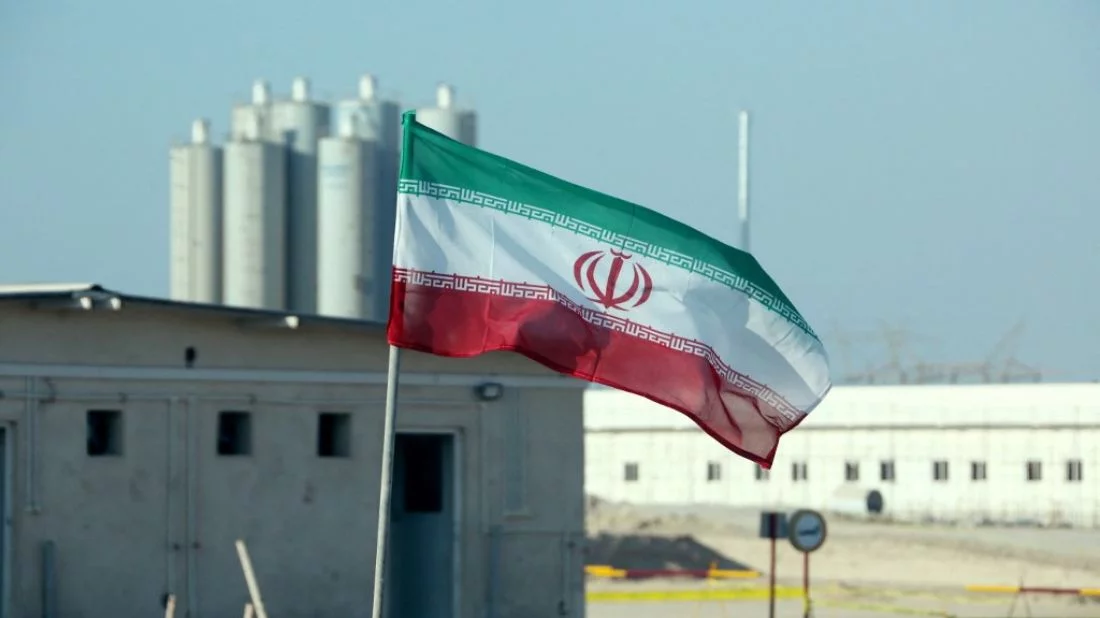





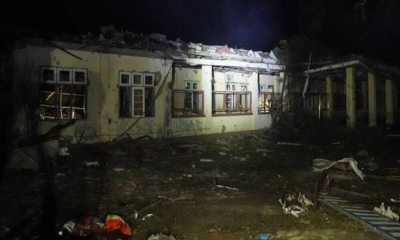
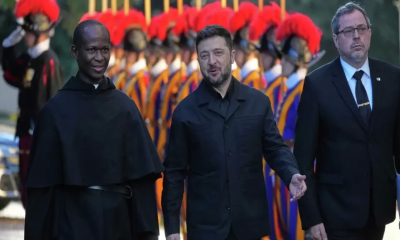



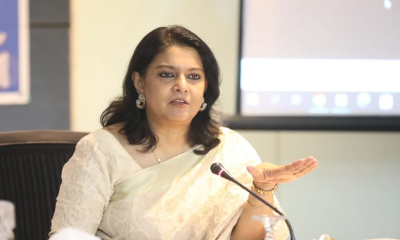

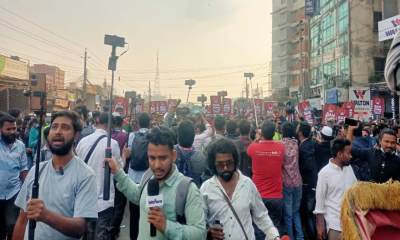

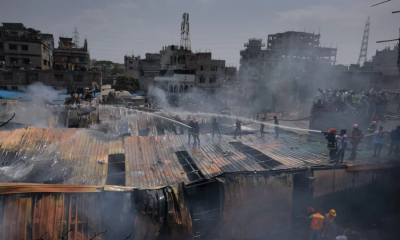


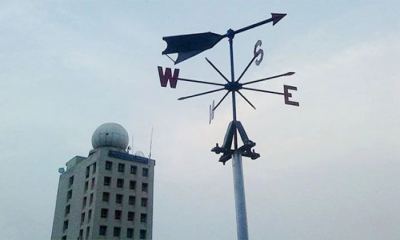
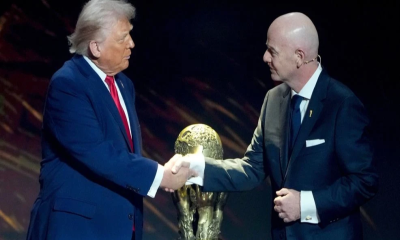
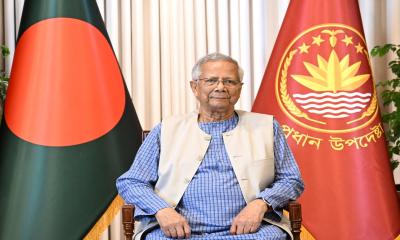



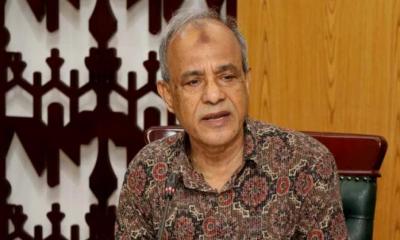


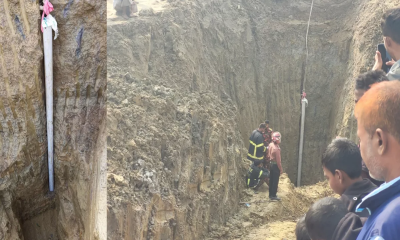
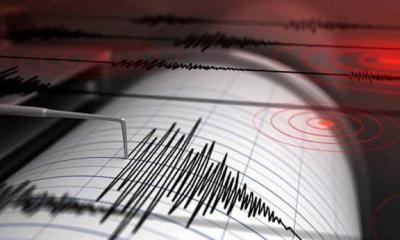


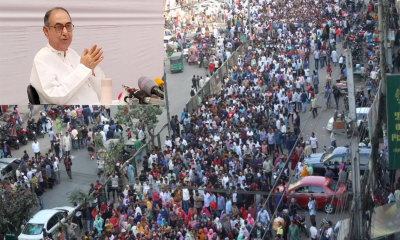
-20251216054240.jpeg)
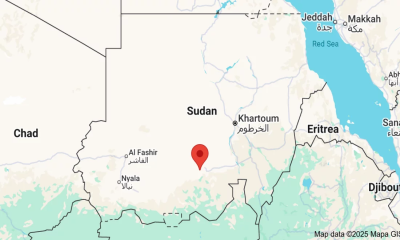

-20251212132043.webp)
